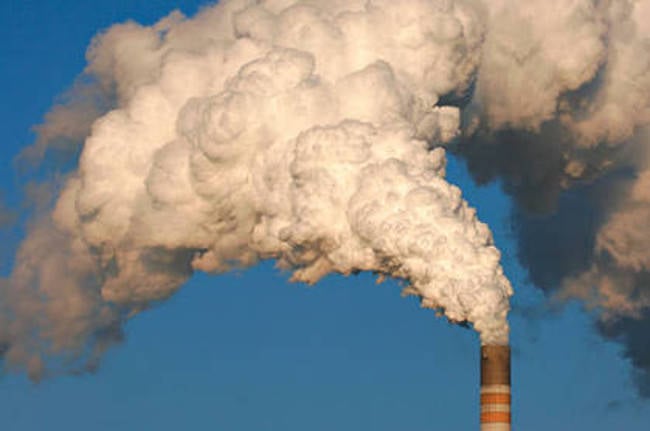Why do these articles always show photos of steam instead of emission sources?
Because lots of people aren’t smart enough to make the link with a factory.
But the non smart people see smoke or steam and they think pollution.
I guess it’s very effective if you want to rile up the “uneducated masses” but loose respect from everybody else.
Whatever works best for them.
I think the tech giants should be kind of punished by a lot of consumers deciding to buy second hand instead of new.
I don’t think it’s gonna happen, but I dream about a world without programmed obsolescence.
This is the best summary I could come up with:
A report [PDF] published by the environmental campaign group weighed up the decarbonization efforts of 11 of the biggest outfits in global electronics, and found them wanting.
Five of the major manufacturers – Intel, Foxconn, Chinese component maker Luxshare Precision, Samsung, and TSMC – actually increased their emissions during 2022 compared to 2020, according to Greenpeace, which says this could partly be attributed to rising production over the same period.
But, claims Greenpeace, the Santa Clara chipmaker continues to rely heavily on low-impact procurement methods – such as renewable energy certificates (RECs) – to achieve this goal.
A similar report [PDF] from Greenpeace last year criticized consumer electronics brands such as Amazon, Microsoft, Google, and Sony for continuing to rely heavily on fossil fuels across their supply chains, despite having set ambitious renewable energy and climate targets for their own operations.
“Brands like Apple and Microsoft should not promote their products as ‘green,’ when their supply chains are still powered by coal and gas,” Greenpeace East Asia campaigner Xueying Wu said in a statement.
“It is absolutely feasible for every supplier in this ranking to achieve 100 percent renewable energy within the decade, but the first step is setting ambitious targets,” Wu added.
The original article contains 642 words, the summary contains 203 words. Saved 68%. I’m a bot and I’m open source!



